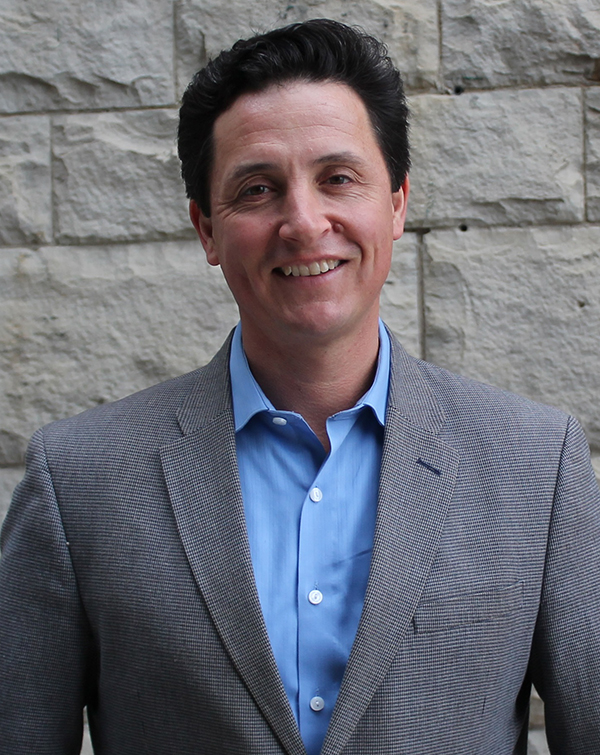Einaudi lecturer will link cybersecurity and national security
By Bill Steele

How serious a threat is cyberwarfare? Does it fundamentally change the nature of international conflict, or does it simply provide combatants with another set of tools and techniques?
Debates about cybersecurity policy tend to pit “revolutionaries” against skeptics, according to Jon R. Lindsay, assistant professor of digital media and global affairs at the University of Toronto’s Munk School of Global Affairs. One side points to a rising tide of devious hacks and the expanding number of targets, Lindsay explains. The other side argues that malware is little more than a variation on traditional espionage and propaganda.
Lindsay will expand on these ideas in a talk, “Restrained by Design: Cybersecurity and the Attenuation of War,” at 4:30 p.m. Oct. 26 in G01 Gates Hall. It is the second in a series of talks on “Cybersecurity and International Issues” sponsored by the Mario Einaudi Center for International Studies and co-sponsored by the Judith Reppy Institute for Peace and Conflict Studies, to explore questions at the intersection of technology, politics and international law.
Cyber conflict continues to unfold in surprising ways, Lindsay says, even if its danger and destructive capability pales in comparison with even minor historical wars. He argues that we should think about cyberspace as a global institution, not just a technological infrastructure. As conventional war becomes less likely for the stakeholders in this institution, he believes cyber conflict becomes more likely.
Lindsay, who combines expertise in computer science with military experience (he served in the U.S. Navy), is an affiliate of the University of California Institute on Global Conflict and Cooperation, which brings scholars together across social science and lab science disciplines to work on topics such as regional security, nuclear proliferation, innovation and national security, development and political violence, emerging threats and climate change.
He is co-editor of “China and Cybersecurity: Espionage, Strategy, and Politics in the Digital Domain” (2015), which suggests cybersecurity is an essential part of national security for the United States and China. Formerly, Lindsay was an assistant research scientist with the U.C. Institute on Global Conflict and Cooperation and assistant adjunct professor at the School of International Relations and Pacific Studies at the University of California, San Diego. He studies the impact of technology on international security, focusing on military innovation, cybersecurity and strategy.
Media Contact
Get Cornell news delivered right to your inbox.
Subscribe